10 Essential Resources for Sports Memorabilia Collectors
For sports memorabilia collectors, having access to the right resources is key to building a valuable and authentic collection. From reputable dealers and auction houses to expert authentication services, these tools help ensure that each item is genuine and worth the investment. Whether you’re just starting or looking to expand your collection, knowing where to find trustworthy information and support can make all the difference in your collecting journey.
This post may contain affiliate links, which helps keep this content free. Please read our disclosure for more info.
Reputable Dealers and Auction Houses
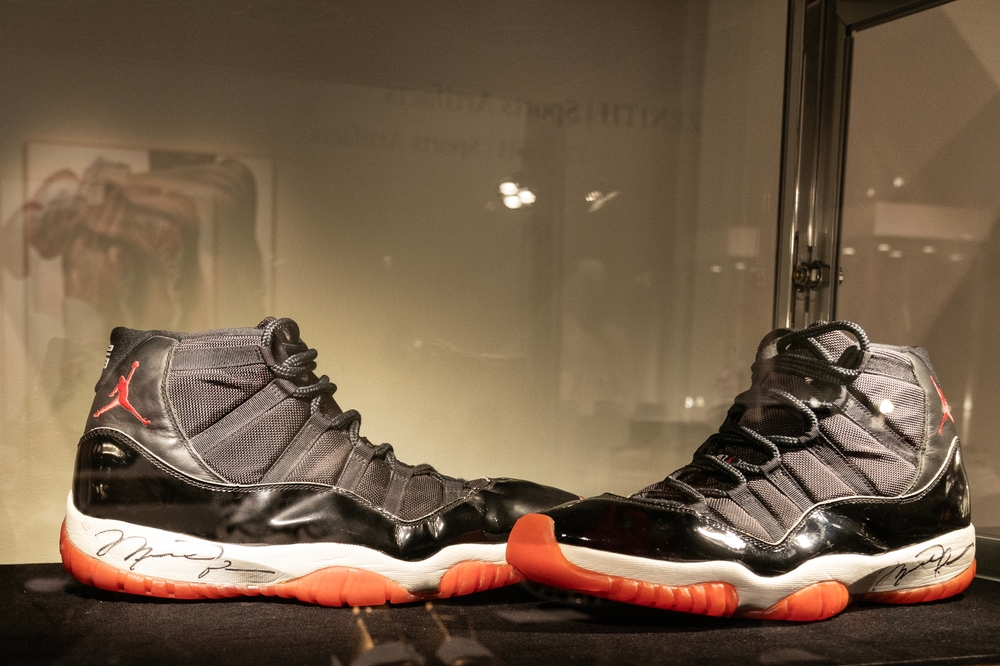
Reputable dealers and auction houses are crucial for building a solid sports memorabilia collection. These professionals not only offer authentic items but also bring a wealth of knowledge about the history and provenance of the pieces they sell. A trustworthy dealer can help guide collectors to the most desirable items, ensuring they make informed decisions. Additionally, auction houses often have exclusive access to rare pieces, offering unique opportunities to acquire high-value memorabilia that might not be available elsewhere.
Dealing with reputable dealers also ensures the legitimacy of items, preventing collectors from inadvertently purchasing counterfeit memorabilia. Auction houses provide transparency through their detailed descriptions and established bidding processes, which allow collectors to bid with confidence. These resources are especially valuable for both seasoned collectors and beginners, as they provide access to quality pieces and valuable insight into the world of sports memorabilia.
Authentication Services
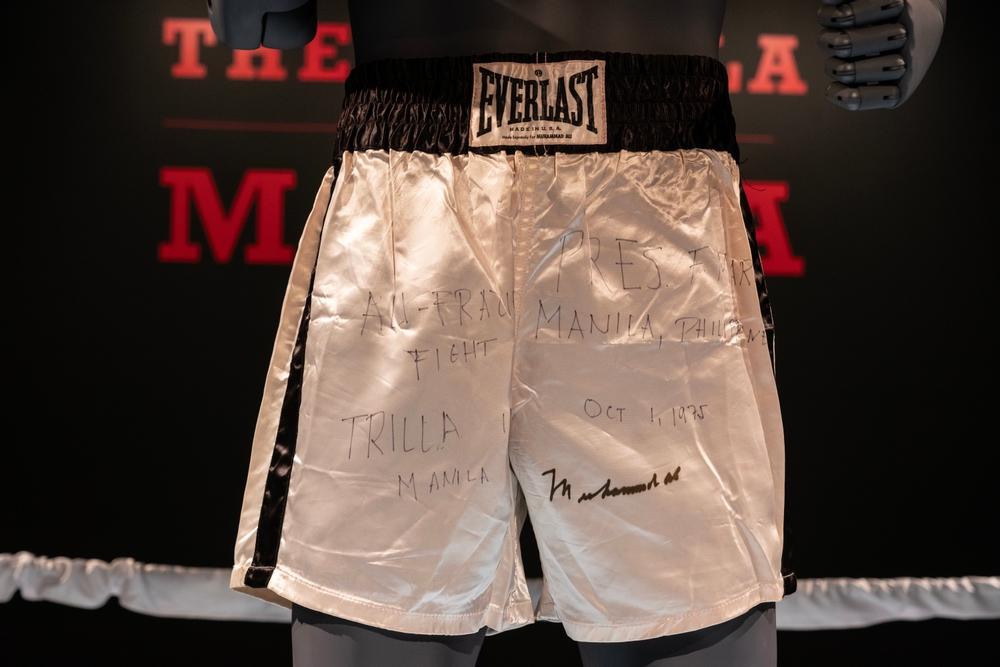
Authentication services are one of the most important resources for any collector. They ensure the legitimacy of items, offering certificates of authenticity (COA) that verify the item’s origin, such as who signed a jersey or where a collectible was used in a game. These certificates significantly increase the value of memorabilia, providing collectors with peace of mind knowing that their items are genuine. Major authentication companies, such as PSA/DNA and JSA, have teams of experts who use advanced technologies and methods to verify signatures, game-used equipment, and other memorabilia.
Without proper authentication, collectors risk acquiring counterfeit items that may lose value or even be impossible to sell. Authentication services not only safeguard investments but also protect the reputation of a collector’s collection. Furthermore, they offer services like digital records and databases to track and verify items over time, which is invaluable for insurance and resale purposes.
Online Communities and Forums
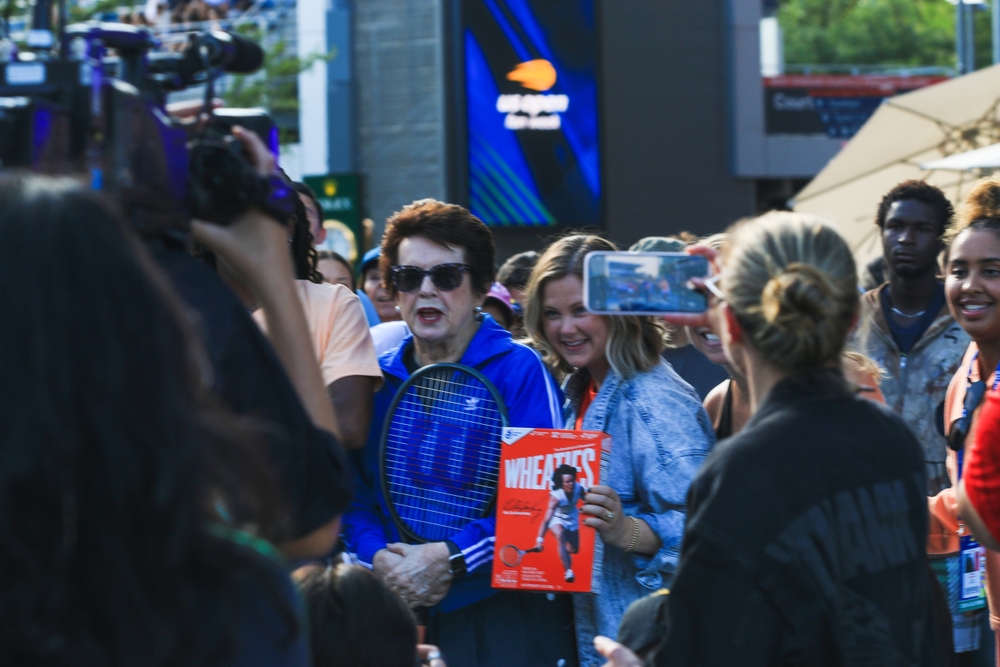
Online communities and forums are invaluable resources for sports memorabilia collectors to connect with like-minded individuals. These platforms, such as the Sports Memorabilia Forum and Collectors Weekly, allow collectors to share their experiences, seek advice, and learn from one another. Discussions about rare finds, market trends, and the authenticity of certain items often lead to helpful insights that can guide purchasing decisions. New collectors can benefit from the collective knowledge and experience of more seasoned enthusiasts.
In addition to providing advice, online communities are also great for trading, buying, or selling items. Many forums have dedicated marketplaces or trading sections where users can find deals on memorabilia or exchange pieces within a trusted community. These communities also allow collectors to stay updated on industry events and auctions, ensuring they never miss out on important opportunities to expand their collections.
Price Guides
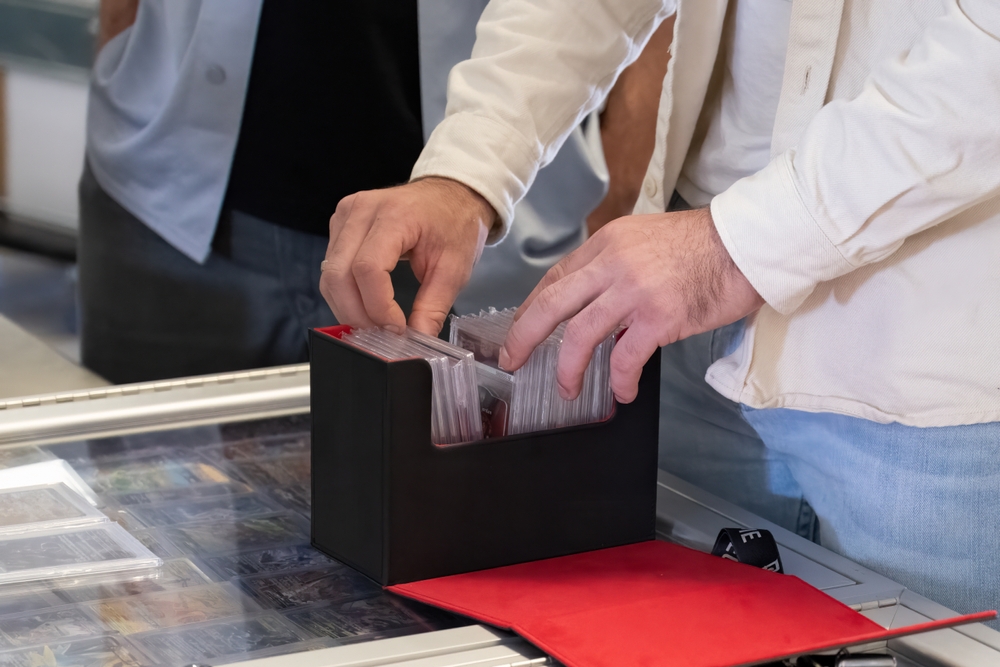
Price guides serve as a crucial tool for collectors to stay informed about the value of sports memorabilia. These guides, such as the Beckett Sports Card Price Guide or the Sports Collectors Digest, compile detailed listings of thousands of items, giving collectors an accurate range of current market prices. By using these guides, collectors can gauge whether an item is being sold for a fair price and make more confident purchasing decisions. These guides are updated regularly to reflect shifts in market demand and trends, keeping collectors up-to-date on price fluctuations.
In addition to price listings, guides also provide information on the rarity, condition, and demand for specific memorabilia. By analyzing these factors, collectors can better understand the potential investment value of an item. For collectors who want to track the value of their entire collection, a price guide helps keep an organized record, allowing them to monitor their assets’ financial growth over time.
Proper Storage and Preservation Techniques
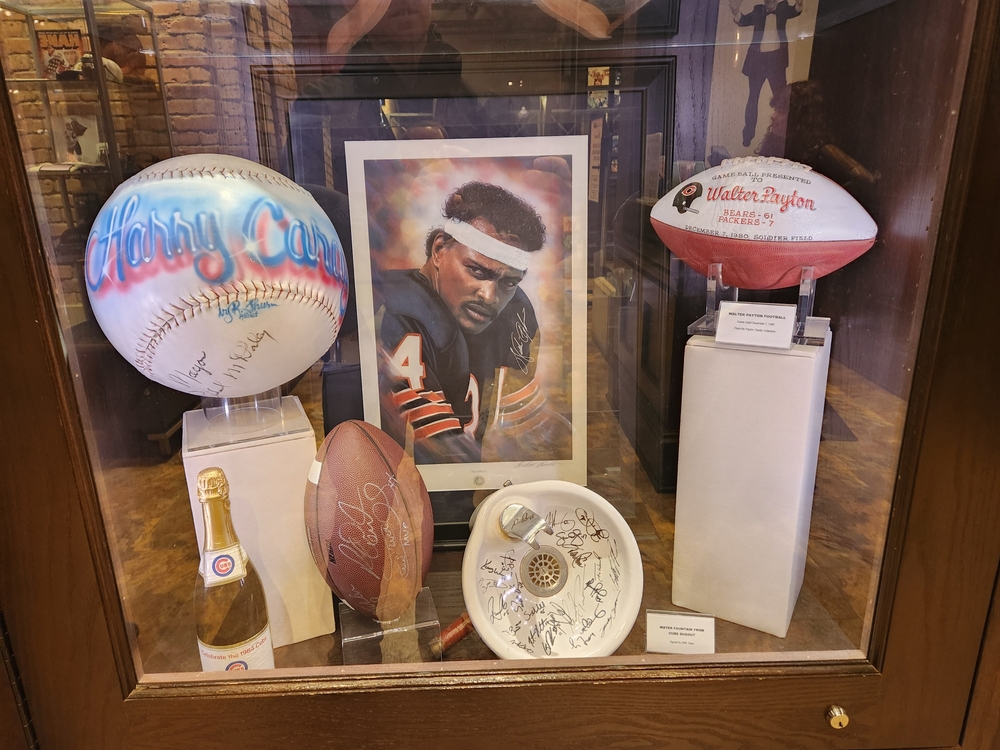
Proper storage and preservation are essential to maintaining the integrity of sports memorabilia over time. Many items, such as jerseys, photographs, and autographed equipment, can degrade if exposed to environmental factors like humidity, heat, or sunlight. For instance, jerseys should be stored in acid-free bags or displayed in UV-protected frames to prevent yellowing or fading. Autographed items should be kept in temperature-controlled environments to prevent the ink from smudging or deteriorating.
Investing in quality storage and preservation tools ensures that a collection retains its value. Archival-quality materials, like protective sleeves, display cases, and climate-controlled storage units, are essential for long-term care. By taking the time to properly preserve their items, collectors can ensure their memorabilia remains in pristine condition, protecting both its physical appearance and financial worth.
Sports Memorabilia Shows and Conventions
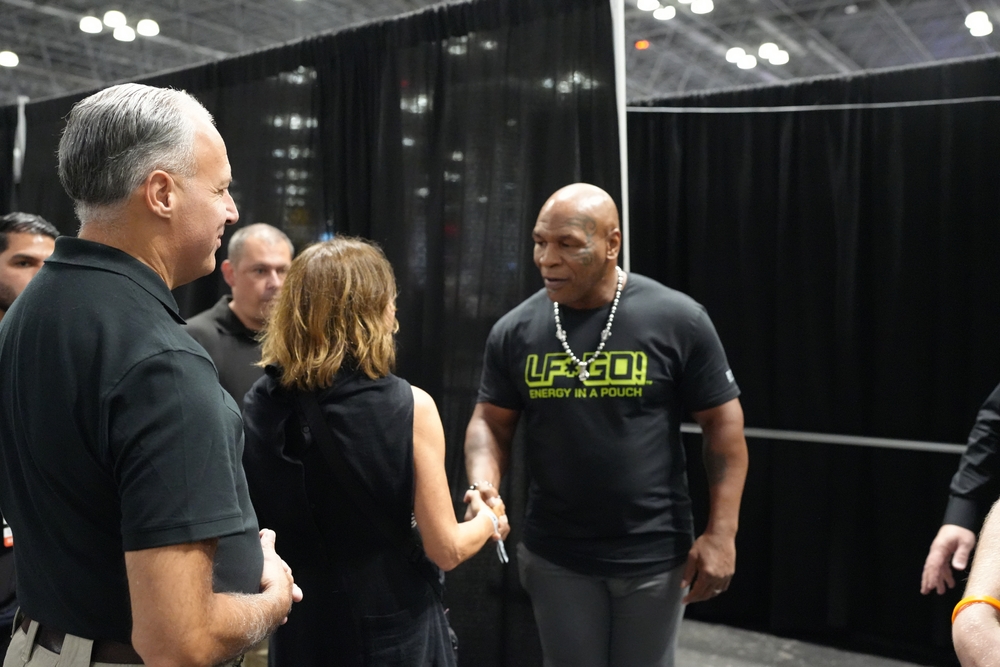
Attending sports memorabilia shows and conventions is a great way to meet dealers, collectors, and industry experts in person. These events offer a chance to view a wide variety of memorabilia, from rare cards to historic jerseys, all in one place. Collectors can examine items up close, ask questions, and engage in face-to-face negotiations. These shows also feature workshops and seminars, where experts provide advice on buying, selling, and preserving memorabilia, helping attendees make informed decisions.
For collectors looking to expand their networks, these conventions are invaluable. Meeting like-minded enthusiasts opens doors for trading and sharing knowledge, and sometimes, attendees get access to exclusive items that are not available online. The experience also provides the opportunity to stay up to date with the latest trends in sports memorabilia, ensuring collectors remain competitive in the market.
Sports Museums and Hall of Fame
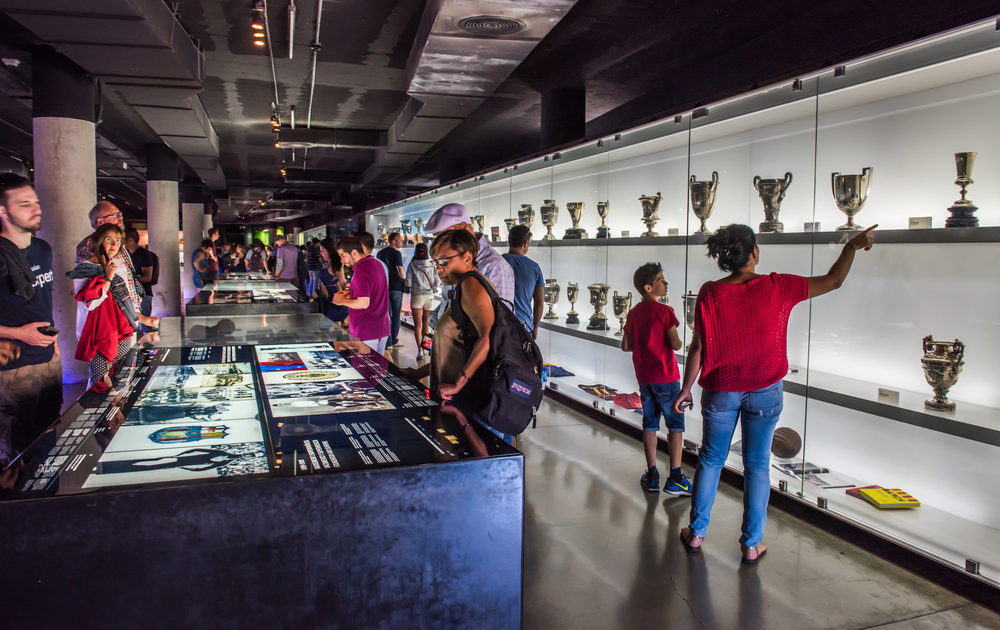
Sports museums and halls of fame are excellent resources for collectors seeking to deepen their understanding of the history behind their memorabilia. Institutions like the National Baseball Hall of Fame or the Pro Football Hall of Fame not only display iconic items but also provide rich historical context, helping collectors appreciate the significance of the pieces they collect. Visiting these museums offers insights into what makes certain memorabilia particularly valuable, as well as the stories behind legendary athletes and moments.
These venues often host temporary exhibits featuring rare memorabilia that may not be available for sale elsewhere. By engaging with these museums, collectors can discover new areas of interest, uncover hidden gems, and gain inspiration for growing their collections. Additionally, some museums offer authenticated pieces for sale or donation, allowing collectors to acquire pieces directly linked to historic events.
Trusted Online Marketplaces
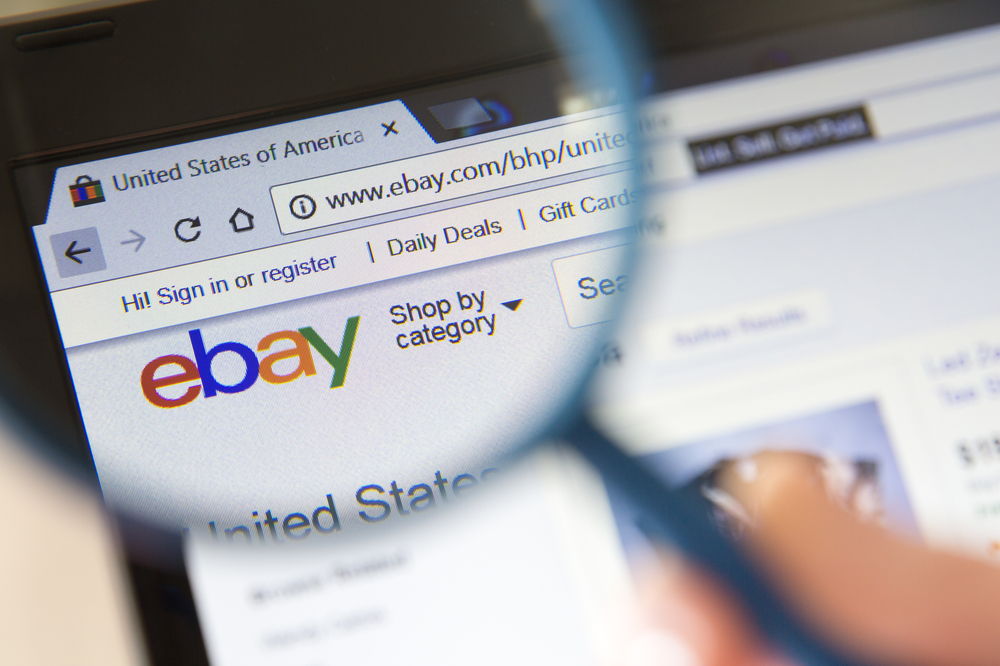
Online marketplaces like eBay, COMC, and Heritage Auctions are vital resources for sports memorabilia collectors. These platforms allow collectors to browse a wide variety of items from all over the world, often offering detailed descriptions, pictures, and certificates of authenticity. Online marketplaces are particularly useful for finding hard-to-get items or memorabilia that may not be available through traditional brick-and-mortar dealers.
While online marketplaces provide convenience, they also require vigilance, as collectors need to be aware of potential scams or counterfeit items. However, trusted platforms provide buyer protections, and many have authentication processes in place to verify items. For collectors, these platforms offer the chance to make purchases safely while expanding their collections from the comfort of their own homes.
Sports Memorabilia Insurance Providers

Sports memorabilia insurance is a crucial resource for collectors who want to protect their valuable items. Insurance providers that specialize in collectibles offer policies that cover the loss, theft, or damage of memorabilia. A good insurance policy ensures that if something happens to a collector’s prized items, they can be reimbursed for their full value. Many collectors overlook this step, but with the high value that some sports memorabilia can hold, it is essential to have the proper coverage in place.
In addition to offering financial protection, sports memorabilia insurance providers often provide appraisals and valuation services. This can help collectors understand the worth of their collection and ensure they are adequately insured. Some providers also offer advice on proper storage and handling, further helping to protect the items in the long term.
Authentication and Grading Companies

Authentication and grading companies like PSA, Beckett, and SGC are essential resources for collectors who want to ensure the authenticity and condition of their memorabilia. These companies specialize in grading sports cards, jerseys, and other items, offering a professional evaluation of an item’s condition and verifying its authenticity. Grading enhances the value of items, as higher-grade pieces are often worth significantly more in the market.
Grading also helps collectors organize and categorize their collections, making it easier to sell or trade pieces in the future. Collectors can submit their items to these companies, which use established standards to assess and grade memorabilia. With a certified grade, buyers and sellers can have confidence in the item’s quality and authenticity, reducing the risk of fraud.
This article originally appeared on Avocadu.
